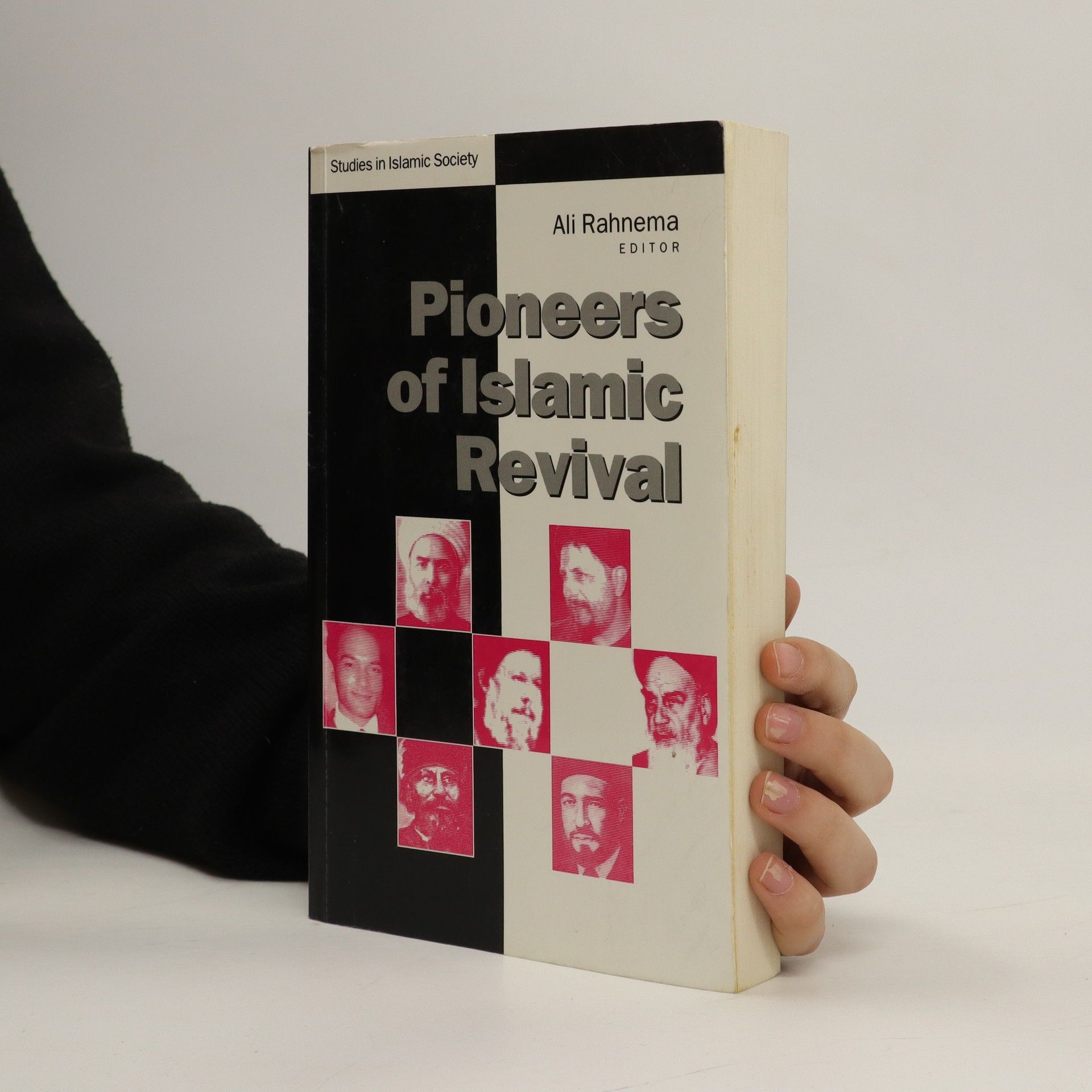Call to Arms: Iran's Marxist Revolutionaries
- 608 stránok
- 22 hodin čítania
A groundbreaking study of the Iranian People's Fada'i Guerrillas, their ideology, actions and impact on the 1979 revolution číst celé





A groundbreaking study of the Iranian People's Fada'i Guerrillas, their ideology, actions and impact on the 1979 revolution číst celé
Pioneers of Islamic Revival examines the political environments, lives and works of those diverse nineteenth- and twentieth-century Muslim thinkers who believed that Islam was capable of providing practical solutions to the problems of the modern world.
The Shah's gradual transition to dictatorship after the 1953 coup in Iran, and its far-reaching consequences číst celé
In this textbook, Ali Rahnema draws on his experience teaching and researching on modern Iran to render one hundred years of modern Iranian politics and history into easy-to-follow episodic chapters. Step by step, and taking a chronological approach, students are given the core information, analysis, and critical assessment to understand the flow of contemporary Iranian history.This is a comprehensive and exhaustive guide for undergraduate and graduate level courses on modern Iranian history and politics. The textbook is complete with the following pedagogical features:* An initial chapter on how to study Iranian history and how to approach historiography * Images of key individuals discussed in each chapter* Text boxes throughout to highlight key episodes, concepts, and ideas *Three types of exam questions; factual and analytical, seminar, and discussion at the end of each chapter* Glossaries at the end of each chapter*. A comprehensive timeline --
Ali Shari`ati is, for many, the ideological father of the Iranian revolution. A charismatic leader and teacher, his radical blend of Islam and Marxism mobilized a whole generation of young Iranians. Now available in paperback, this full-length political biography looks at Ali Shari`ati's life and thought in the context of the complex and contradictory cultural, social and political conditions of the Iranian society that shaped him.